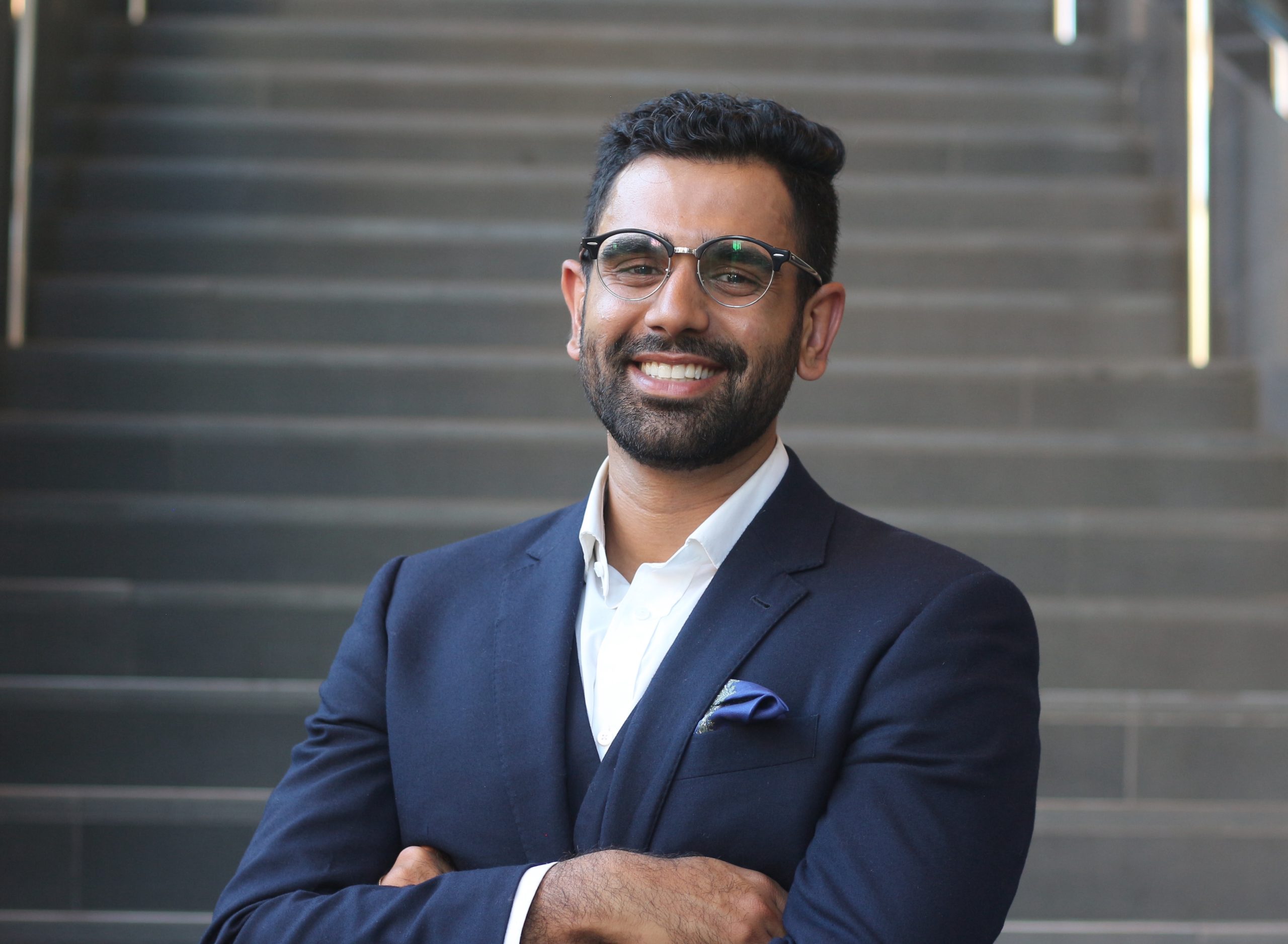Joseph Sebastian, a BME PhD student and Vanier Scholar at the University of Toronto, has been honored with the prestigious Connaught PhD for Public Impact Fellowship.
Sebastian is among 15 students from across U of T to receive this award in the current cohort, and the only one from U of T Engineering. The award is presented on the strength of his proposal to develop new ways to use ultrasound imaging to assess contractile function and stiffness in miniature heart models. This emerging technique could help accelerate the development of new therapeutics for treating heart failure.
“Heart failure is a growing epidemic in Canada that requires new diagnostic tools and treatments,” says Sebastian, who is also a Junior Fellow at Massey College.
“This new high-frequency ultrasound system will allow drug effects to be monitored in microscale human heart tissue with greater sensitivity, precision and convenience than is currently possible.”
Sebastian and his supervisor — Professor Craig Simmons (BME, MIE), Scientific Lead at the Translational Biology and Engineering Program (TBEP) — aim to bridge the gap between biomedical imaging and regenerative medicine in the cardiovascular health space.
One way to do this is through lab-grown heart models, which are engineered constructs made from cells grown in a dish, often augmented with scaffolding made from biocompatible materials. These models provide a realistic analogue to actual human heart tissue, while avoiding the ethical challenges associated with animal models and testing.
Miniature heart models offer a promising platform to screen large libraries of potential drug candidate molecules for positive effects. But to take advantage of their insights, researchers must develop techniques to assess how the molecules are affecting the heart cells. That’s where Sebastian’s work comes in.
“Currently, the measurement techniques for contractile function and stiffness of these models are invasive, low-throughput, and unable to provide long-term monitoring, as they require removing the heart model from its biological environment,” says Sebastian.
Sebastian’s solution is to use new forms of ultrasound imaging, which would be less invasive and more amenable to long-term monitoring. He hopes his method could be used to identify drugs capable of reversing cardiac stiffening and arrhythmias, which are precursors to heart failure, in various types of heart models, ranging from single cardiac muscle cells to engineered heart tissues.
In addition to making exceptional contributions to their respective fields, recipients of the Connaught PhD for Public Impact Fellowship must demonstrate a deep commitment to making a positive impact on society. Outside of the lab, Sebastian is an active mentor — as a member of Residence Life staff at the University of St. Michael’s College, he provides supports for residence students and upper-year residence Dons. He has been a teaching assistant and lecturer in more than 20 courses and recently spearheaded a departmental podcast series on applying to graduate scholarships.
As Director of Professional Relations for the Graduate Management Consulting Association, Sebastian helped develop workshops, case competitions and networking events to support high-calibre graduate students join management consulting firms.
Ultimately, Sebastian hopes to channel his research and advocacy work into a management consulting role after his PhD. “My doctoral work provides me with the skills to acquire, analyze and question data to derive impactful insights, which I will translate into my work as a consultant to empower organizations to grow while building sustainable competitive advantages and driving positive societal impact.”




